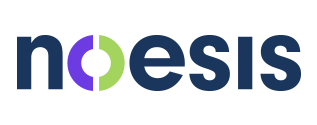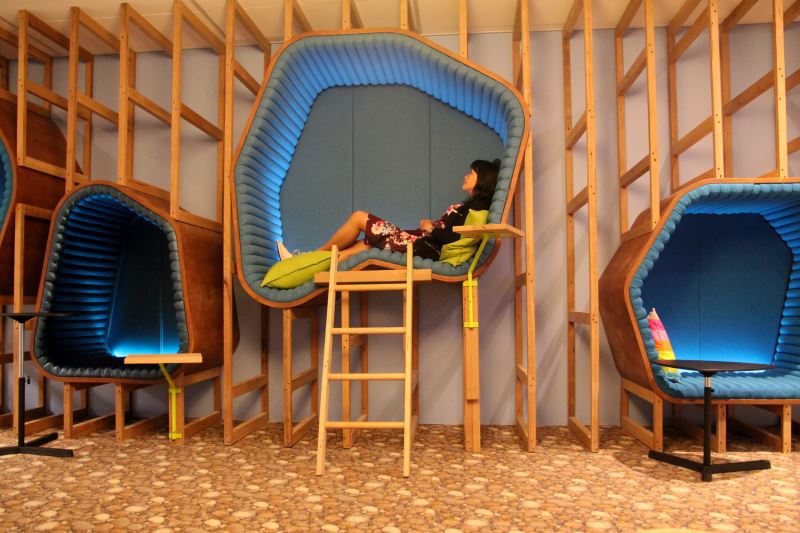This is the last in our series of five blogs (Focus, Connect, Nourish, Move and Sleep) exploring key activities to help us optimize our cognitive ability. We share simple, scientifically proven ways to build our capacity to grow from our experiences.
Sleep is essential. A lack of sleep will kill you before a lack of food will. In fact sleep deprivation is a form of torture! Adequate sleep is critical for many aspects of brain function including cognition, concentration, productivity, and emotional regulation.
So what’s our brain doing while we sleep? Research suggests our brain has its own lymphatic system, a bit like a central vacuum system that cleans everything out while we slumber. Much like cleaning up a teenager’s messy bedroom: we put away, throw out, and organize everything so it can be seen more clearly the next day.
Some regions of the brain involved in learning, processing information and emotion are more active when we are asleep than awake. Researcher, Dr. Jessica Payne, Associate Professor at the University of Notre Dame, looks at how these areas work together while we sleep to help process and sort information we have taken in during the day. Payne’s research focuses on what types of information are submitted to memory, helping us better understand how the brain consolidates information.
The best way to refresh a tired brain is to take a short nap: Napping between learning experiences helps maximize knowledge retention and skill utilization. Ten to twenty minutes is optimal, before we enter into deep REM sleep phase. It will boost cognition, while allowing us to wake easily and not feel groggy.
Tired parents and shift workers often experience the negative impact of prolonged ‘sleep deficit’ to hormones and brain function. It may even reduce social skills and our ability to recognize people’s emotional expressions.
A quick way to see how tired you are, is the online Epworth sleepiness test. Developed in 1990 by Australian doctor Murray Johns. The test captures how likely you are to doze off during eight typical activities. The results can help identify if you might have a sleep disorder or medical condition that needs attention.
There are ways to enhance sleep. Natural sunlight helps improve daytime energy and nighttime sleep quality and duration. Nighttime light exposure has the opposite effect: Avoid electronic devices emitting ‘blue light’ in large amounts, which reduces hormones such as melatonin that helps you relax and get deep sleep. Caffeine and alcohol before bed can also disrupt sleep patterns. Relaxation and mindful meditation techniques before bed and a quiet, cool room all help.
As leaders we can encourage team members to focus on the quality of their sleep: Ask how they’re sleeping and if patterns have changed through the pandemic; encourage positive sleep habits; consider and promote power naps; share ideas for how to ‘switch off’ from work; model working boundaries and avoid email during agreed ‘non-working time’ or set up email delivery times for working hours.
Focus on quality sleep to feel good, retain new learning and optimize cognitive performance.


Recent Comments